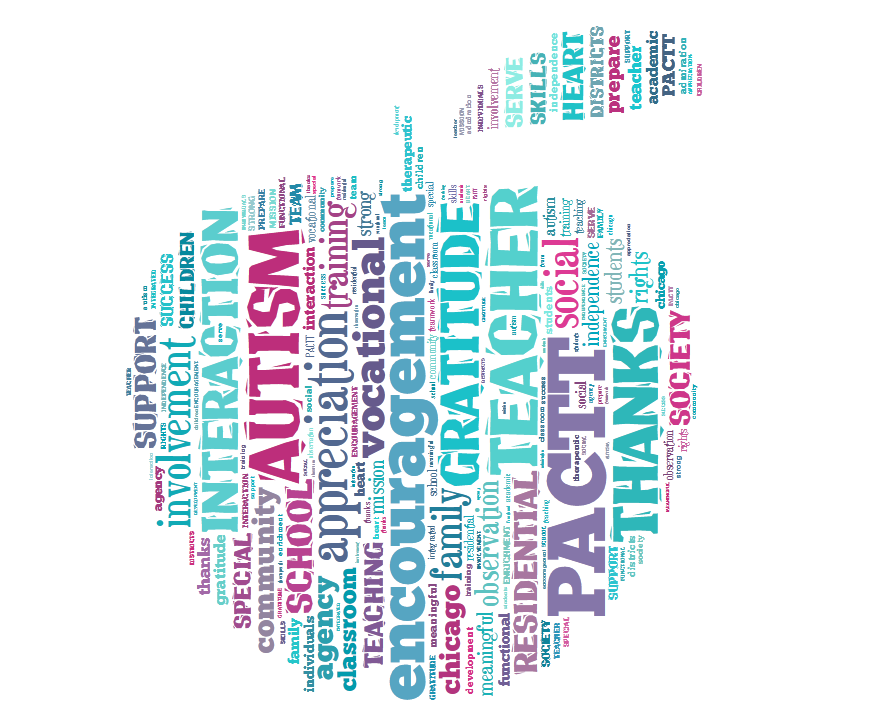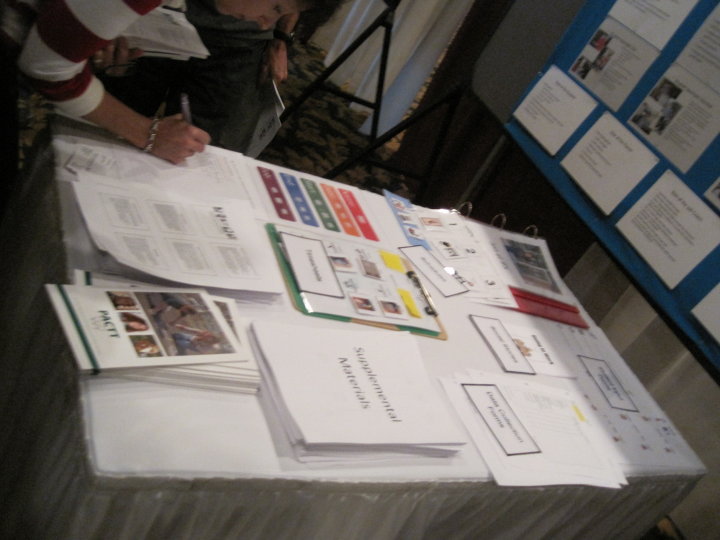
Throughout April, PACTT has been sharing autism resources on Facebook and Twitter. Here's a wrap up of everything that was posted, in case you missed it:
* Have you ever stared blankly at your (fill-in-the-device-here), wondering whether there's an app to help with routines, or sensory sensitivity, or teaching social skills? Here's a nifty wheel that pulls many of them together. http://www.educatorstechnology.com/2013/07/a-wonderful-wheel-featuring-ipad-apps.html
* Did you know that PACTT has its very own Pinterest page, with a collection of fun resources? www.pinterest.com/pactt
* OCALI. Ohio Center for Autism and Low Incidence has an abundance of FREE online resources and trainings on all things autism: (www.ocali.org)
* Texas Autism Resource Guide for Effective Teaching (TARGET). TARGET has detailed info sheets on effective teaching practices for individuals with autism. They also have quick videos of effective tools and strategies: http://www.txautism.net/toolkit
* PACTT's Transition Timeline is a quick way to help get a student's post-school planning on track. /transition-resources/
* Looking for sensory-friendly options for movies, museums, or sporting events? This blogger shares some useful tips and tricks: http://www.friendshipcircle.org/blog
* A playlist of TED talks about autism: http://www.ted.com/playlists/153/the_autism_spectrum









